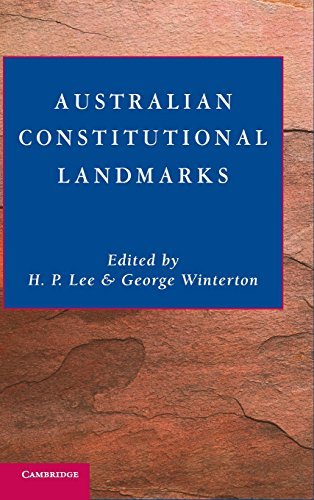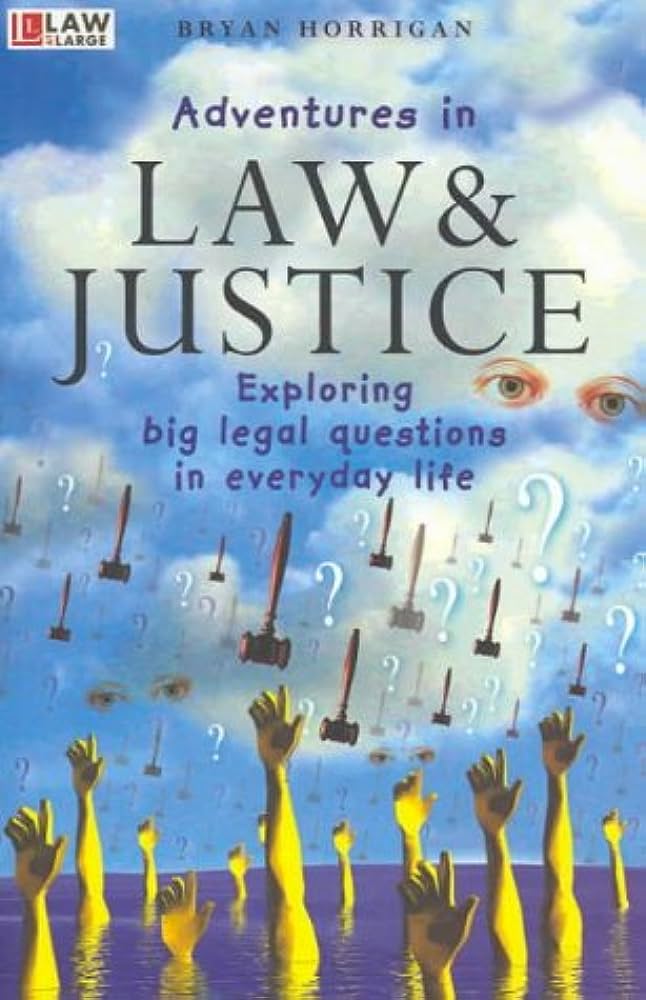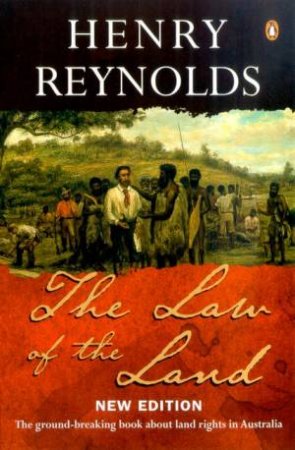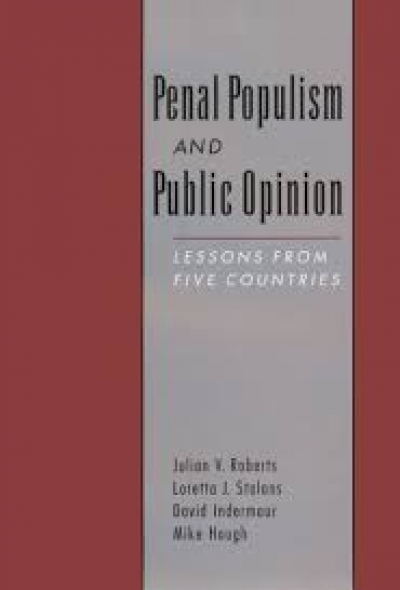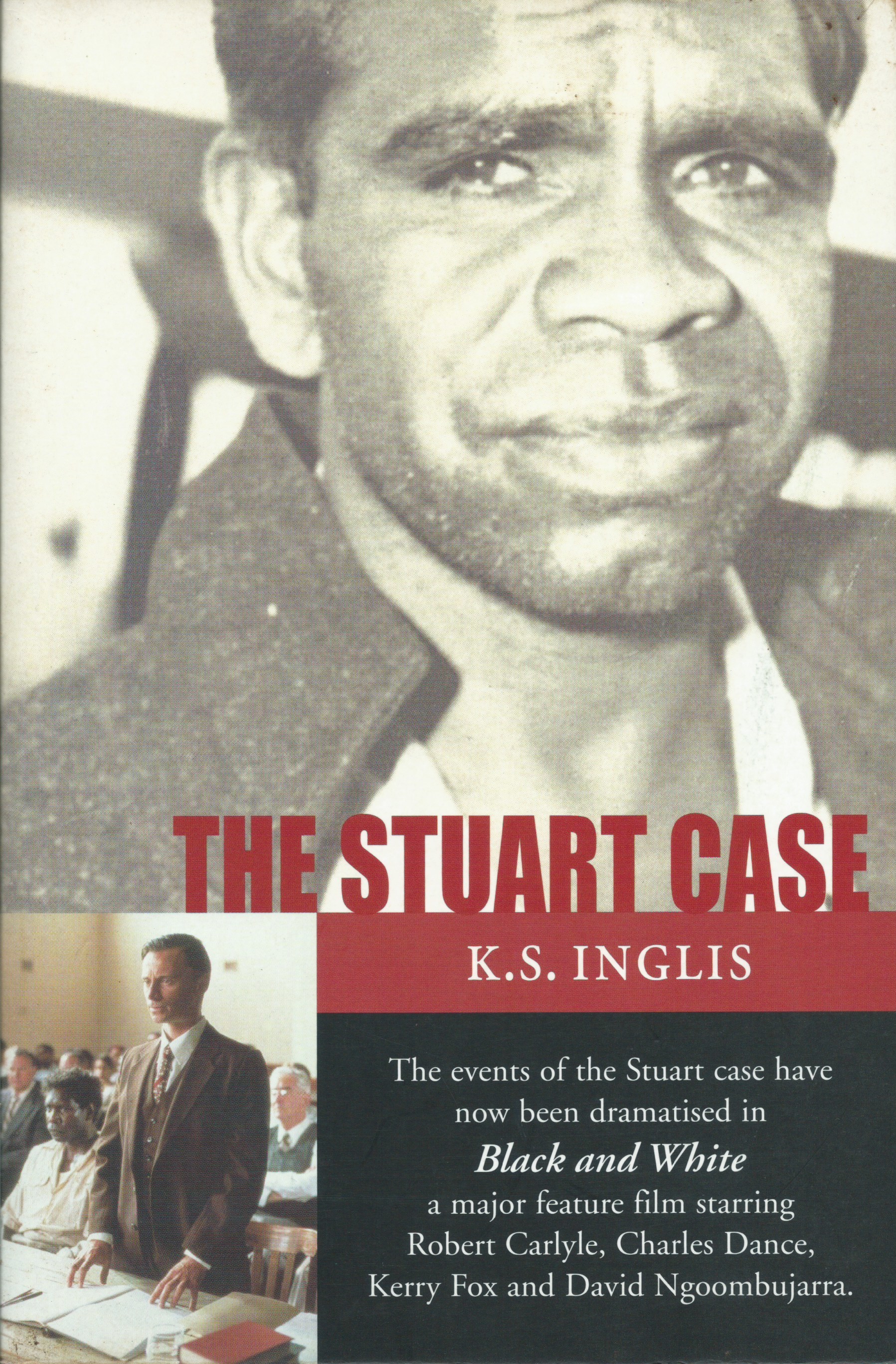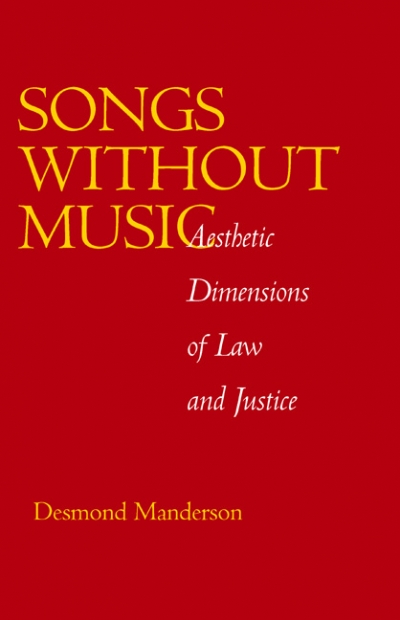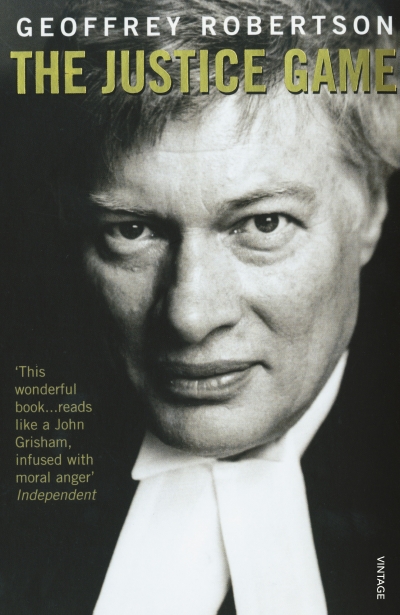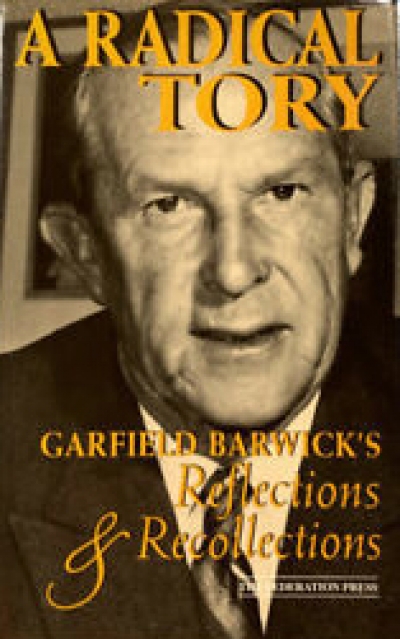Law
Litigation edited by Wilfrid Prest and Sharyn Roach Anleu & Slapping on the Writs by Brian Walters
One could be forgiven for thinking that Australia is suffering a litigation explosion. Newspapers have been full of reports of supposedly undeserving plaintiffs receiving million-dollar damages awards; governments have introduced legislation to limit pay-outs; local authorities and volunteer organisations have cancelled events due to concerns over public liability; and insurers have blamed rising premiums on unsustainable damages awards. Even the courts have joined the chorus: several leading judges recently declared the justice system to be in crisis due to increasing litigiousness, lawyers who stir up claims and a judiciary that has, according to one recently retired judge, ‘enjoyed playing Santa Claus’.
... (read more)Australian Constitutional Landmarks by H.P. Lee and George Winterton
The centenary of the first sitting of the High Court of Australia was celebrated in the same courtroom in Melbourne in October 2003. There followed a conference in Canberra reviewing the decisions of the Court over the course of a century. The papers of that conference will shortly be published for a legal audience.
In advance of that book, CUP has published sixteen essays to give a more general audience an idea of the role the High Court has performed in the leading issues in which it has been involved. The writers are assigned important decisions or major themes. They explain the background. They describe proceedings in the High Court and (whilst it lasted) the Privy Council. They put their subjects in context and evaluate their significance in terms accessible to an informed lay reader. This book contains plenty of new insights that combine to make it a commemorative volume, but without many of the defects normal in that genre.
... (read more)Adventures in Law and Justice: Exploring big legal questions in everyday life by Brian Horrigan
It is comforting to think that the foundations of the legal system are sound. Perhaps this explains why there are so many common myths about the law, such as the notion that every legal problem has a ready solution, or that the law is essentially objective and value-neutral.
As students, litigants, witnesses and others who have suddenly become more familiar with the system of justice can attest, a closer look at the structure is usually disconcerting. This book, written by a professor of law, will be a revelation to those yet to become familiar with the cracks in the structure. It examines the fundamental concepts and assumptions that underlie law, taking nothing for granted. In the process, it explodes most of the myths.
... (read more)The new edition of Henry Reynolds’s acclaimed The Law of The Land is described on its front cover as ‘the ground-breaking book about land rights in Australia’, but ‘the heart-breaking book’ would be more apt. Reynolds has updated his classic text by documenting the progress (or otherwise) of native title since the 1992 Mabo High Court decision. It is not a happy story.
In the book’s first edition, published in 1987, Reynolds advanced the argument that native title rights were recognised – but not properly protected –under British common law in the early nineteenth century. On the frontier, where violence ruled, those legal rights were generally disregarded, but, as Reynolds argued, not necessarily explicitly extinguished. The thesis outlined in The Law of the Land is popularly believed to have been influential in the 1992 Mabo judgement, a perception fuelled in part by Reynolds himself. In the postscript to the book’s second edition, published in 1992, soon after the Mabo decision was handed down, he wrote:
... (read more)[T]he court had clearly absorbed the lessons about Australian history embodied in the new historiography of European-Aboriginal relations that had been written over the previous twenty years. Law and history now coincided in the view that the Aborigines were not dispossessed in an apocalyptic moment in 1788 but in piecemeal fashion over a long period of time.
Penal Populism and Public Opinion: Lessons from five countries by Julian V. Roberts, Loretta J. Stalans, David Indemaur, and Mike Hough
Recently, New South Wales had its fifth election since 1988 in which shrill law and order promises – tougher sentencing, more police, and the like – constituted the most prominent feature of the major parties’ campaigns. During those fifteen years, NSW witnessed its biggest prison-building programme in more than a century and a rise of more than fifty per cent in its prison population. An obvious lesson is that prison-building programmes and rising criminal justice expenditures do not reduce crime or enhance feelings of public safety and confidence in legal institutions, and that those who argue otherwise are chasing phantoms. Yet the terms of political discourse around law and order seem to be impervious to the facts. What would commonly be taken as incontrovertible evidence of the failure or limits of a policy in other areas yields more of the same in relation to crime control, such is the treadmill of penal populism.
... (read more)On the afternoon of Tuesday 23 December 1958, all work in the remote South Australian coastal towns of Thevenard and Ceduna came to a halt for the funeral of nine-year-old Mary Olive Hattam, who on the previous Saturday afternoon had been violently raped and then bashed to death in a little cave on the beach between the two towns. On the morning of her funeral, a 27-year-old Arrernte man called Rupert Max Stuart had been formally charged with her murder: he had arrived in Ceduna with a small travelling funfair on the night before her death. He spent Christmas Day in Adelaide Gaol, penniless, illiterate and terrified. How the Hattam family spent Christmas Day can scarcely be imagined.
... (read more)Songs without Music: Aesthetic dimensions of law and justice by Desmond Manderson
This is not an easy book to read. It is crammed full of ideas, literary and musical allusions, and theories about law and justice. The author’s basic thesis – that law is a concept imperfectly realised, continuously reinterpreted, and always in flux – is not really controversial in legal circles in Australia today, let alone novel. The most influential legal scholar in Australia’s history, Professor Julius Stone, taught that simple truth to generations of law students in Sydney between the 1940s and the 1980s. Now, Desmond Manderson is the first director of the Julius Stone Institute for Jurisprudence at Stone’s old law school at the University of Sydney. He has taken up Stone’s grand theme, adding some fresh insights of his own. He has done so in this handsome book, beautifully published by the University of California Press. And there is much that is good and useful in it. But his gems are sometimes maddeningly hidden in a torrent of words that succeed in obscuring the ideas the author wants to get over to the reader.
... (read more)The memoirs of any barrister still in harness are, by definition, advertising. The mystery of The Justice Game is what on earth Geoffrey Robertson needs to sell. He is much too busy already. A queue of life’s victims wanting his help in court would stretch twice round the Temple. But drumming up business is not what the book is about. Its real purpose, I suspect, is to show that, despite a certain radical reputation, Robertson is a sound man.
... (read more)A Radical Tory: Garfield Berwick’s reflections and recollections by Garfield Barwick
The intellectual and other cultural divides between New South Wales and Victoria that emerged in the second half of the nineteenth century are among the most intriguing features of Australian history. Evidence of their continuing influence on law and politics in more recent times provide the most significant aspect of this autobiography by Sir Garfield Barwick.
... (read more)Issues in Criminal Justice Administration by Mark Findlay, Sandra J. Egger, Jeff Sutton
It is a common occurrence for teachers of criminal law in Australia to have their students ask: “I have found lots of materials on the situation in England and in America. Isn’t there anything useful written about Australia?” Sadly, the answer is all too frequently “no”, if the student is looking for material outside of bland appellate case analysis or correctional criminology.
Despite frequently being at the centre of political controversy and public attention, debate on the nature and direction of the Australian criminal justice system is still largely carried out at the low level of anecdote, impression and pre-existing prejudice.
Issues in Criminal Justice Administration is one of a few books published in the past several years which offer some hope for the development of a body of literature on the criminal justice system in Australia providing both theoretical discourse and empirical study and analysis.
... (read more)


